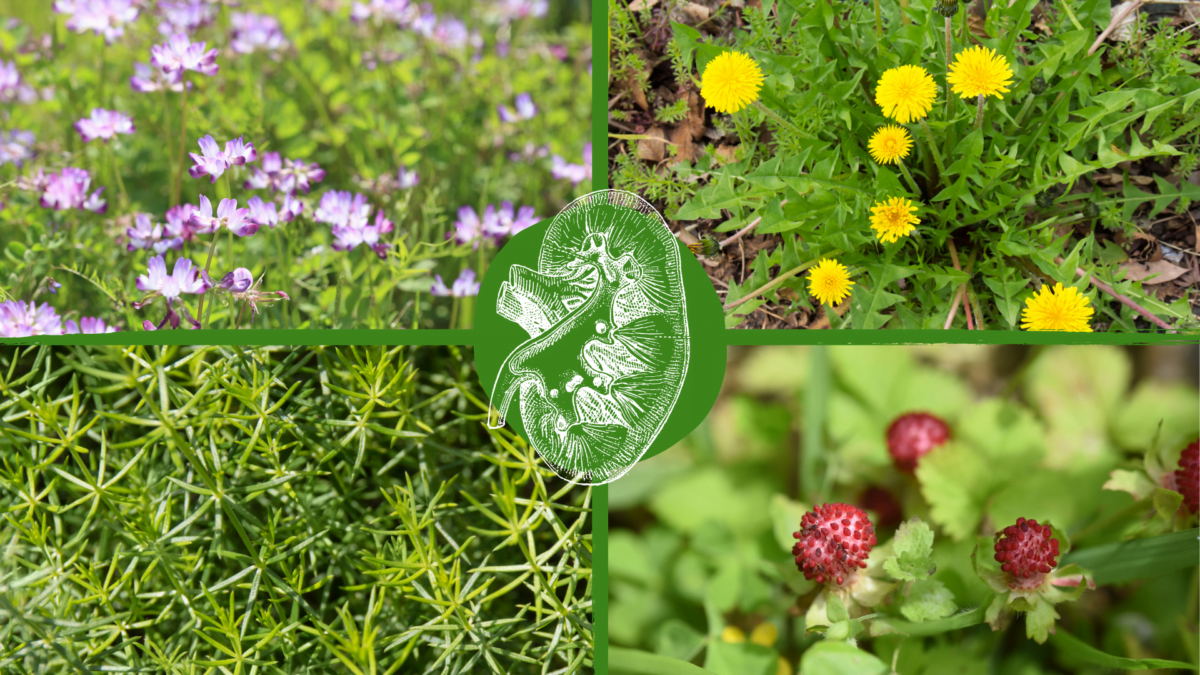Kidney disease is a gradual loss of kidney function. The kidneys’ main job is to filter waste and excess fluids from the bloodstream, which are then removed through pee (urine). Advanced chronic kidney disease can cause dangerous levels of fluid, electrolytes, and wastes to build up in the body. The early stages of kidney disease may not cause any real issues or symptoms. By the time most people realize they have kidney damage, the damage is significant and doctors arrange some course of treatment that generally includes pharmaceutical medications. At that point, treatment is focused on slowing the progression of the damage. While many Western doctors do not generally use herbal products in conjunction with their treatments, herbal medicine can improve the long-term survival rate of patients with chronic kidney disease.1
According to the Mayo Clinic2, common symptoms of kidney disease include:
- Nausea
- Vomiting
- Loss of appetite
- Fatigue and weakness
- Sleep problems
- Urinating more or less
- Decreased mental sharpness
- Muscle cramps
- Swelling of feet and ankles
- Dry, itchy skin
- High blood pressure (hypertension) that’s difficult to control
- Shortness of breath, if fluid builds up in the lungs
- Chest pain, if fluid builds up around the lining of the heart
Several conditions are common causes of kidney disease including: diabetes, high blood pressure, and other conditions that directly affect the kidneys and elimination of urine.
Smoking, alcohol misuse, obesity, and medications that put stress on the kidneys are the most common high risk factors for kidney damage. Preclinical and human studies highlight the central role of oxidative stress and inflammation in triggering alcohol related kidney disease. Early diagnosis of this condition and rigorous abstinence from alcohol are very important for slowing down the progression of the disease and allowing the kidneys to heal.3 There is also some evidence that marijuana use accelerates the decline of renal function in people with kidney disease, though the reasons are not yet clear. 4
Herbal Allies
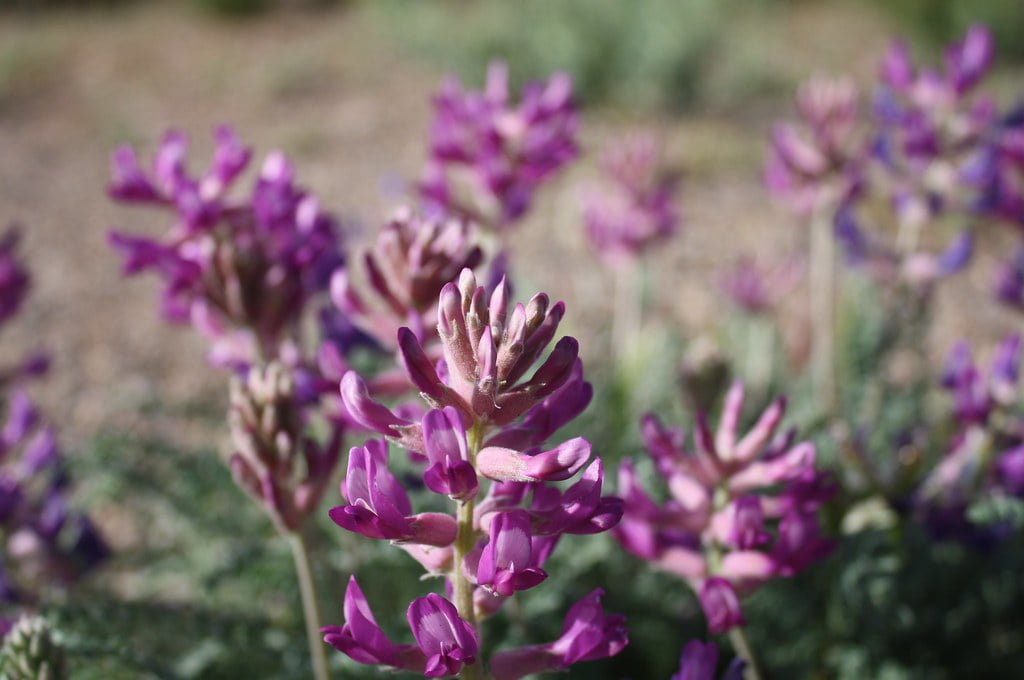
Astragalus root
(Astragalus membranaceus )
In conjunction with conventional treatments Astragalus offers some promising effects in reducing the presence of abnormal quantities of protein in the urine (proteinuria) and increasing the red protein responsible for transporting oxygen in the blood, haemoglobin, and serum albumin, a protein in your blood that keeps fluid in your bloodstream so it doesn’t leak into other tissues.5
Astragalus has also been shown to improve the long-term survival rates of patients with chronic kidney disease.6 In rat studies it alleviated kidney dysfunction in aging male rats and experiments in mice showed that an Astragalus polysaccharide can reverse induced kidney damage in a concentration-dependent manner.7 8
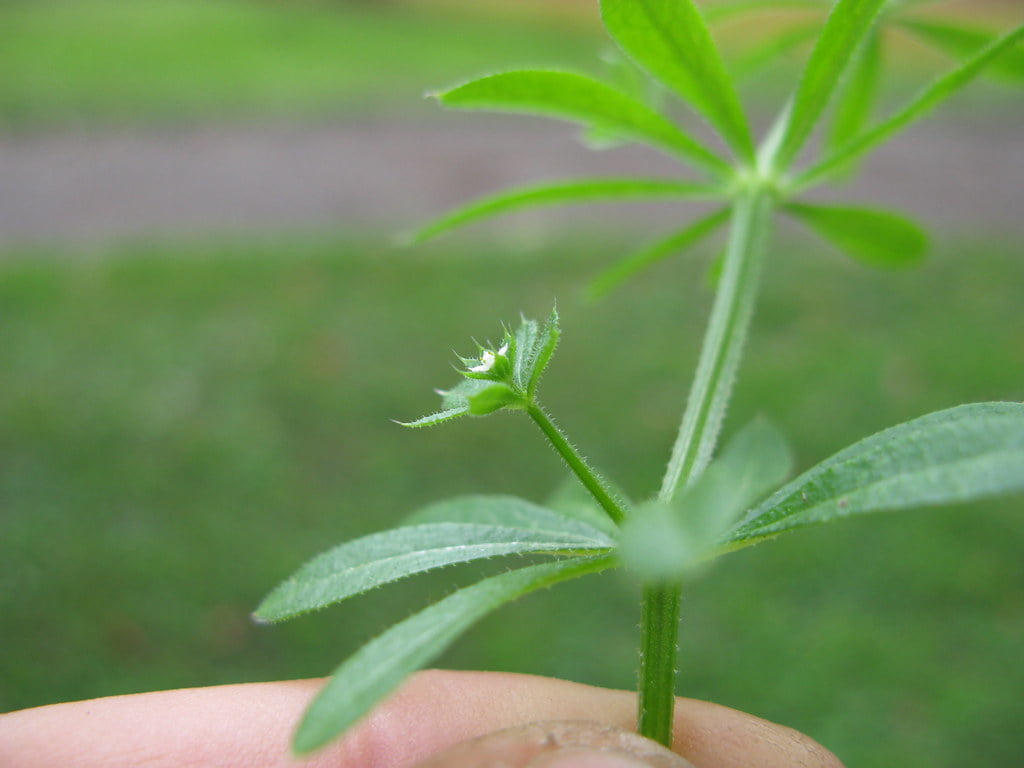
Cleavers
(Galium aparine)
Cleavers are used to support the immune system and have diuretic, antispasmodic, and anti-inflammatory effects. Herbalists employ this easy to find herb for promoting healthy kidney function.9 A study of the plant’s phytochemical makeup justified the traditional use of extracts from G. aparine as immunomodulatory agents.10
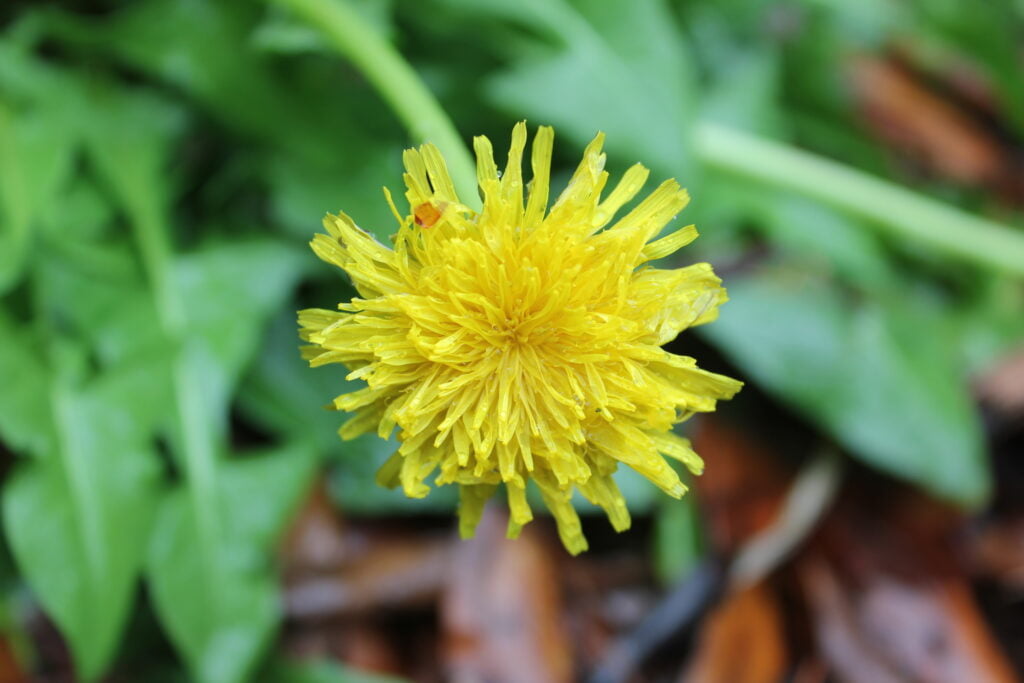
Dandelion
(Taraxacum Officinale)
Dandelion is a gentle herb for stimulating the kidneys and helping them work efficiently. The plant is an excellent source of beta carotene, magnesium, calcium, iron, zinc, and potassium. Potassium is a mineral and electrolyte that stimulates the heartbeat, can help filter toxins more effectively, and improves blood flow. Dandelions also have antidiabetic properties which can help mitigate the potential development of serious diabetic complications, such as kidney disease.11
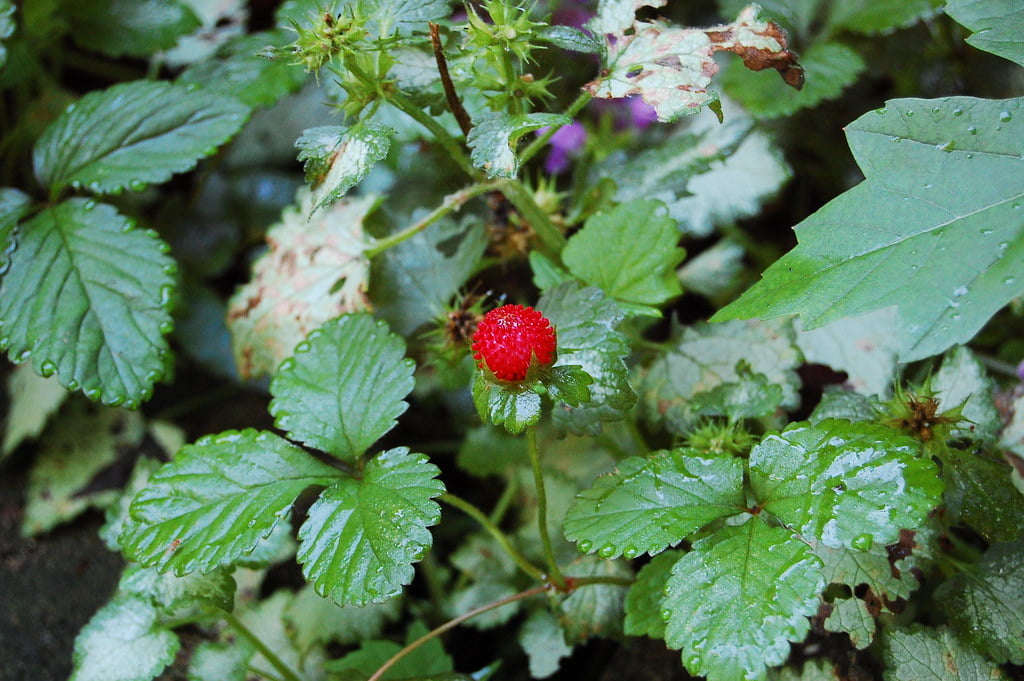
False Strawberry
(Potentilla indica)
Is used extensively as a medicinal herb, since it contains protein, iron, vitamin C, and other healthy elements. The entire plant is medicinal as an anticoagulant, antiseptic, depurative (purifier), and febrifuge (fever reducer). The herb can be used for stomatitis (an inflammation of the mucus lining in the mouth), laryngitis (inflammation of the voice box from overuse, irritation, or infection), and acute tonsillitis (inflammation of the tonsils, the two oval-shaped pads of tissue at the back of the throat). Mice studies indicate that it stimulates the immune system.12
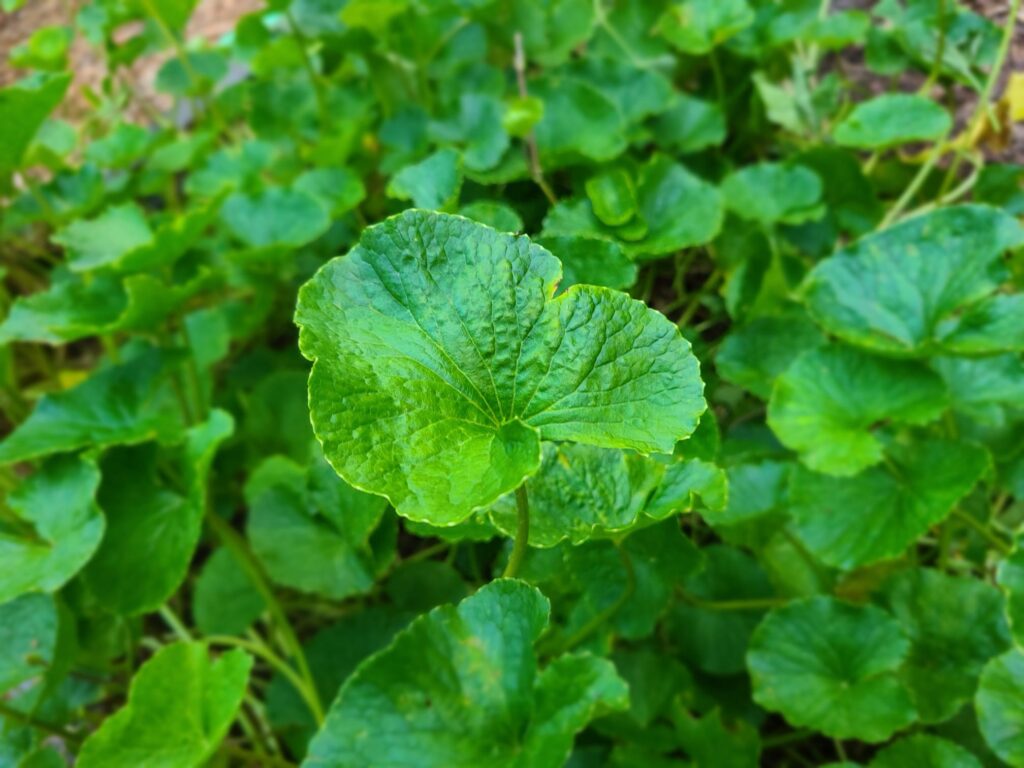
Gotu Kola
(Centella asiatica)
This amazing plant has a host of medicinal benefits that we have dedicated an entire plant profile to. In addition to the ones already mentioned, a 2019 mice study found that gotu kola may improve renal injury by inhibiting inflammation.13 Though this study is relatively new, traditional Chinese medicine has used Gotu kola (Centella asiatica) to treat kidney diseases for centuries and that fact is often cited in kidney dysfunction literature.14
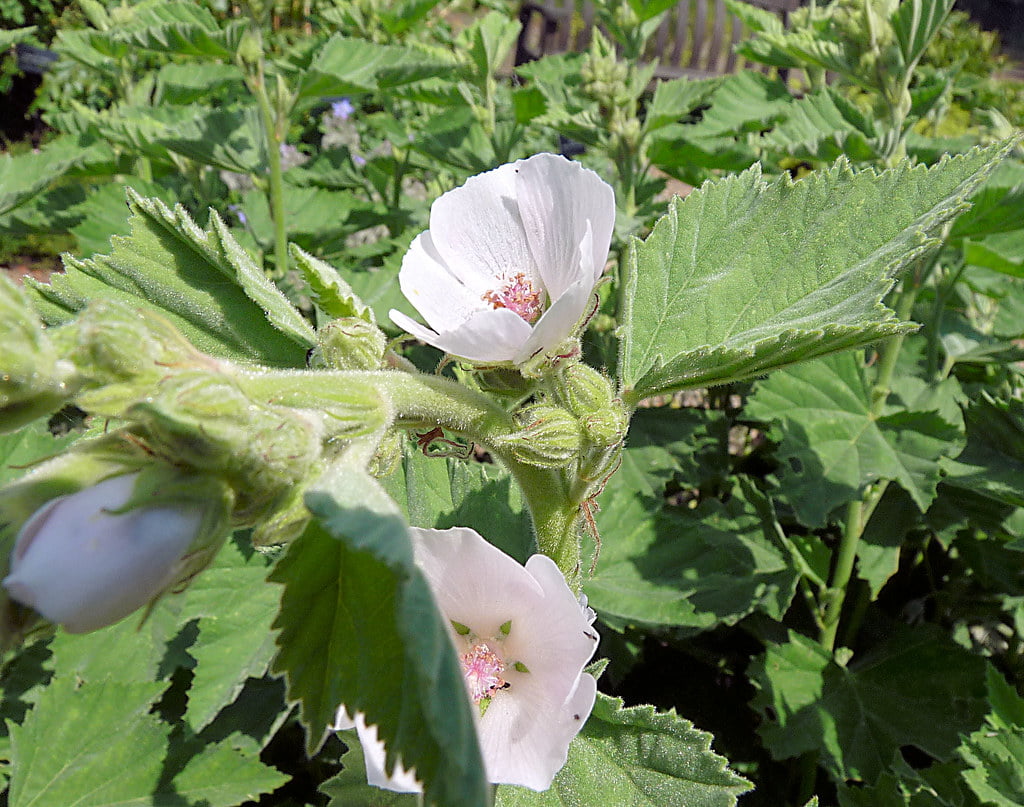
Marshmallow, root
(Althaea officinalis)
Marshmallow root is linked to kidney health and a well-known diuretic. Marshmallow is a mucilaginous plant, which is why it was once used to make marshmallows. Its gelatinous nature makes it a wonderful demulcent, it helps to coat the esophagus, stomach, and small intestines, temporarily calming soreness, inflammation, or the burning sensation caused by heartburn and symptoms caused by kidney conditions.15 It also fights infection and encourages the healing of tissue.16
It can improve digestion and the efficiency of nutrient uptake from food. It is good for acid reflux, gastritis, and peptic ulcers. Marshmallow root reduces stomach acid production in GERD (gastroesophageal reflux disease) and promotes healing of any existing ulcers.
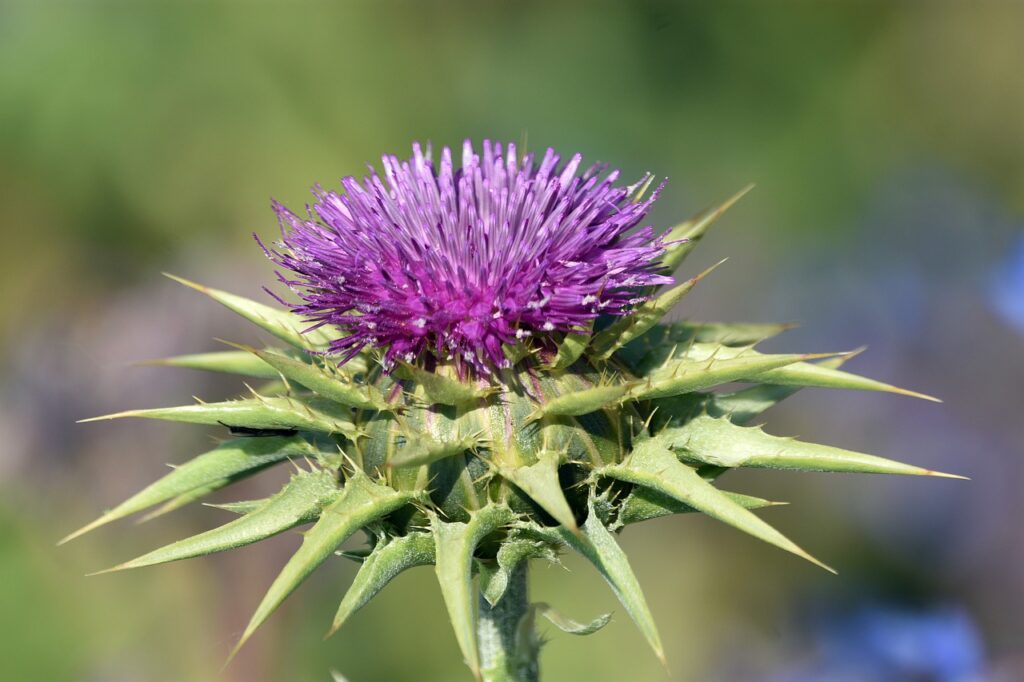
Milk Thistle, Seeds
(Silybum marianum)
Research has shown milk thistle has a protective effect on the liver and similar findings have been seen in studies involving kidney function.
Silymarin, the active ingredient in milk thistle seeds, promotes cell regeneration in the kidneys, just as in the liver. It also appears to protect kidney cells from damage and hinders the inflammatory response in tissue. Silymarin also has a diuretic effect while preserving the body’s store of potassium, an electrolyte important to the function of cells throughout the body including the heart and muscles. Some physicians recommend taking milk thistle when a patient needs any drug that may potentially damage the kidneys.17 18 19 20 Milk thistle is especially recommended for alcohol induced kidney disease.
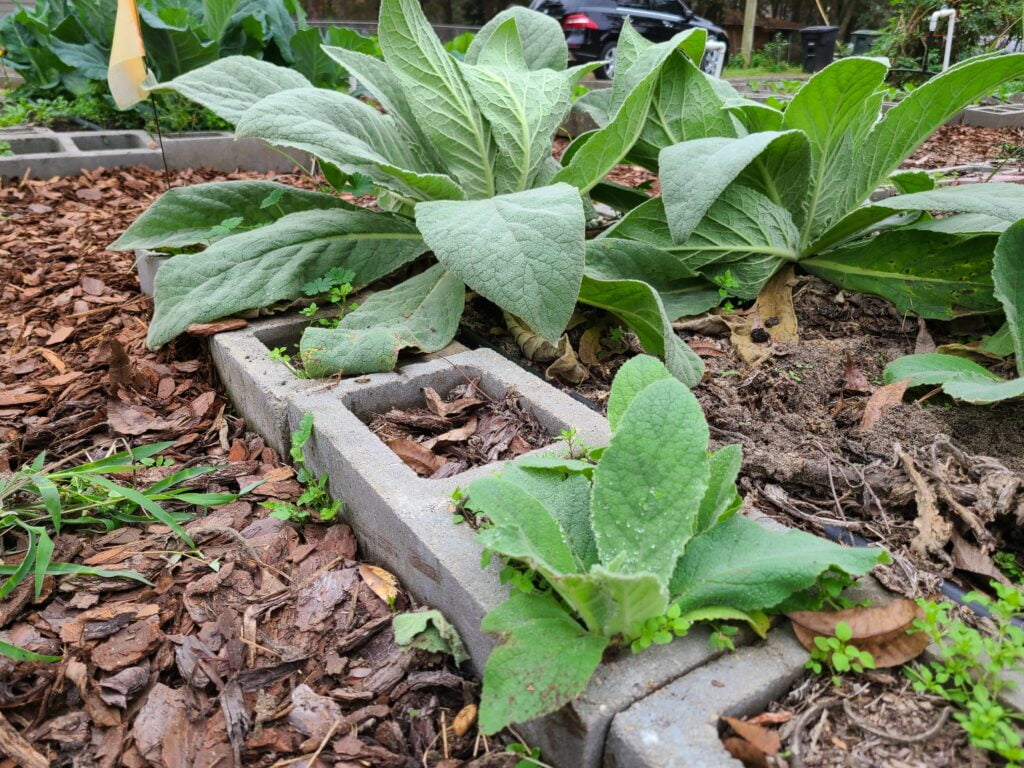
Mullein, Leaf
(Verbascum thapsus L.)
Though better known for its uses in the respiratory system, mullein has similar characteristics to Marshmallow Root and is often more readily found available and easy to forage. There’s a relationship between lung and kidney health whereby the kidneys act to drain the lungs of fluid. Disruption in that relationship can cause urine retention and edema (trapping of fluid in the body’s tissues). Mullein has antioxidant, anti-inflammatory, and diuretic properties.21
Warnings
The majority of these are not recommended if you are taking angiotensin receptor blockers (ARBs), angiotensin-converting enzyme (ACE) inhibitors, antibiotics, anticoagulants, antidepressants, antipsychotics, blood sugar medications, blood thinners, diuretics, and estrogen-based contraception. Always consult your doctor about starting any herbal treatments.
Also take care if using the following other herbs (that can impact clotting): Angelica (dong quai), Capsicum, Clove, Danshen, Garlic, Ginger, Ginkgo, Horse chestnut, Panax ginseng, Poplar, Red clover, Saw palmetto, Turmeric, Willow.
Others that can be helpful:
- Rheum palmatum (Chinese rhubarb, da huang)
- Ephedra distachya (Ephedra) stem
- Geranium thunbergii (Thunberg’s cranesbill) root
- Cinnamomum cassia (Cassia) bark
- Bao yuan da huang tang (a decoction of Panax ginseng [Asian ginseng] root, Cassia bark, Glycyrrhiza uralensis [licorice] root, and Chinese rhubarb)
- Lespedeza capitata (Round-headed lespdeza)
- Parietaria judaica (Pellitory-of-the-wall) herb
- Orthosiphon stamineus (Java tea)
- Cordyceps chinensis (Cordyceps, Chinese caterpillar fungus)
- Centella asiatica (Gotu kola)
- Capsicum spp. (Cayenne)
- Artemisia vulgaris (Mugwort)
- Urtica dioica (Stinging Nettle) Leaf
Sources

